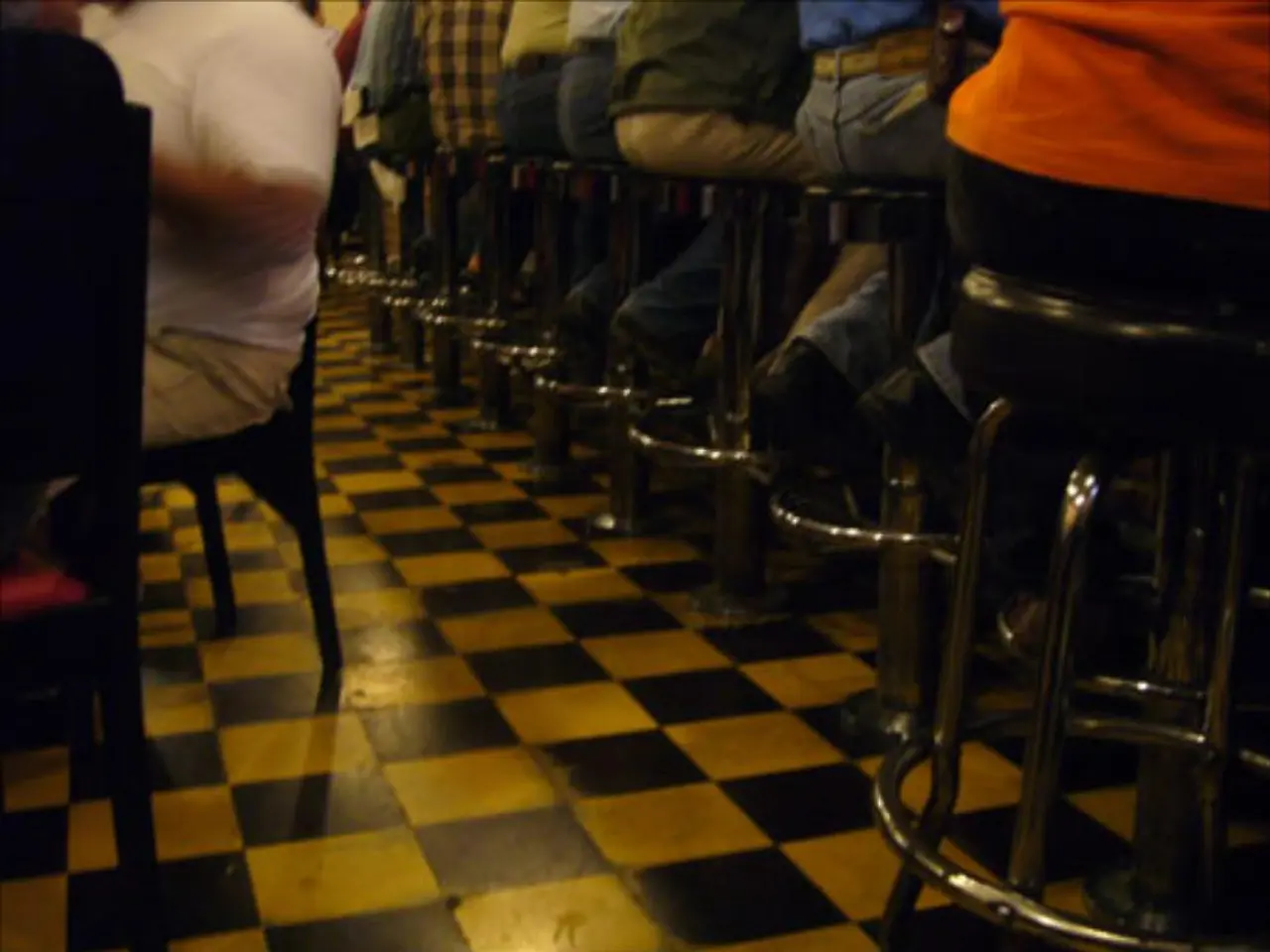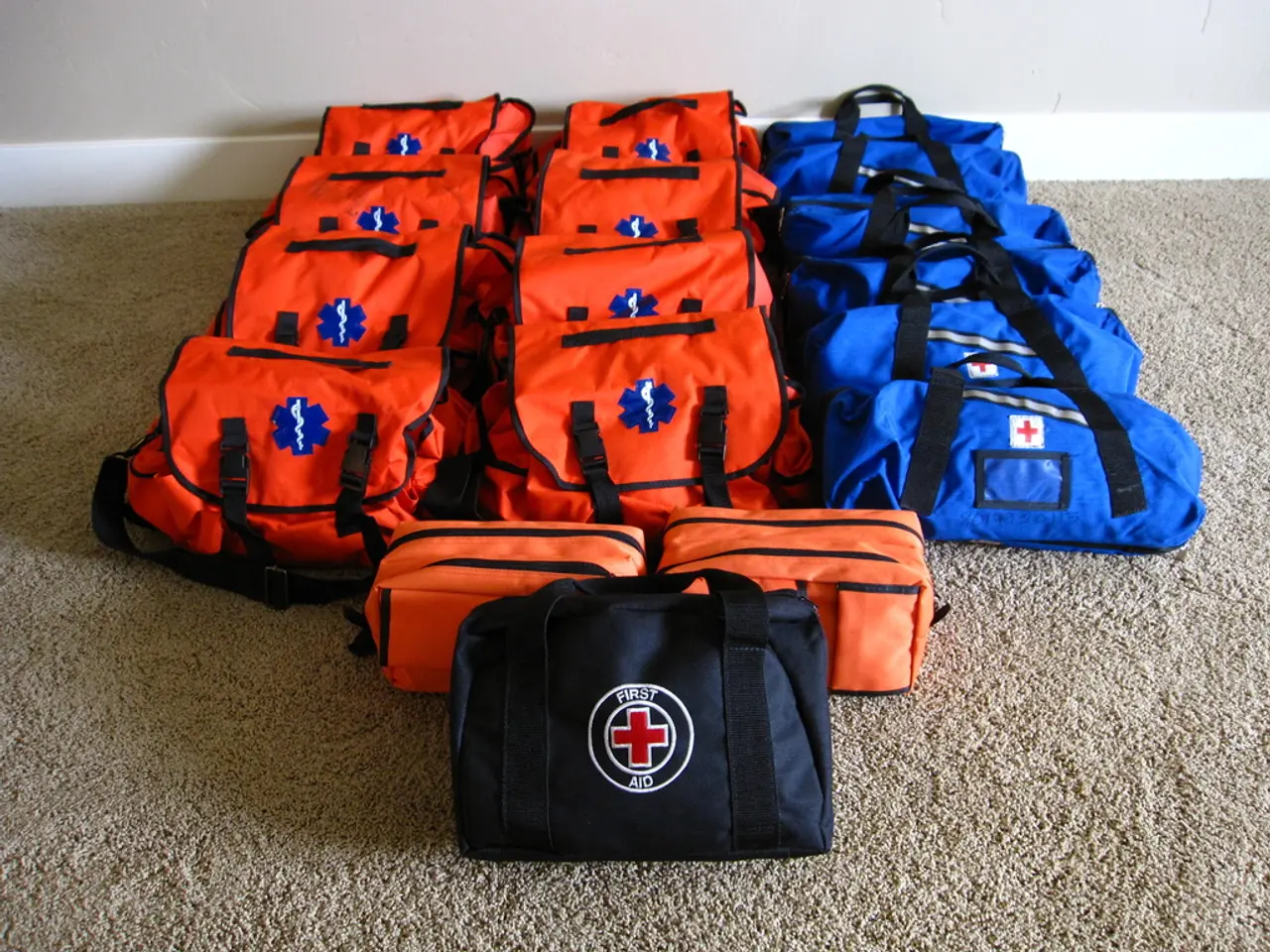Surgical choices and the strain of back issues in India and Andhra Pradesh illuminated
In the southern Indian state of Andhra Pradesh, a significant concern has been the high prevalence of low back pain (LBP). This issue, affecting a substantial portion of the population, is attributed to a variety of factors, both lifestyle-related and occupational.
Sedentary lifestyles, poor posture, especially among office workers, improper lifting techniques, obesity, lack of exercise, smoking, advancing age, and certain medical conditions are common contributors to LBP in India. Occupational factors such as work-related stress, increased workload, awkward postures, heavy lifting, and prolonged standing also significantly contribute to the problem.
Moreover, psychological factors like inadequate support and a history of back injuries influence the occurrence of LBP. Prolonged sitting in desk jobs with poor ergonomic setups, such as chairs lacking lumbar support and improper desk heights, leads to muscle imbalances, spinal disc pressure, and long-term spinal degeneration, further raising the risk of LBP.
Recognising the need for effective solutions, especially for the underprivileged, the TTD's Pranadana scheme in Andhra Pradesh has been supporting spinal deformity surgeries. For those considering surgery, consulting with a spine specialist or neurosurgeon is essential to assess the condition and discuss available treatment options. Hospitals in the state offer spine surgery, including minimally invasive techniques.
Regardless of whether surgery is considered, adopting a healthy lifestyle, including regular exercise, maintaining a healthy weight, and practicing good posture, is crucial for preventing and managing back pain.
In a notable development, a research study from the Mallika Spine Centre in Guntur, Andhra Pradesh, is investigating the integration of ultrasonic laser technology in endoscopic spine surgeries for back and neck pain. This innovative approach could potentially revolutionise the treatment of spinal disorders, offering less invasive and potentially more effective solutions for those suffering from LBP.
As we strive to combat the burden of LBP in India, understanding its causes, promoting preventive measures, and supporting accessible treatment options will be key to improving the health and wellbeing of the population.
- The TTD's Pranadana scheme in Andhra Pradesh is supporting spinal deformity surgeries, including surgery for medical-conditions related to low back pain (LBP).
- A research study at the Mallika Spine Centre in Guntur, Andhra Pradesh, is exploring the use of ultrasonic laser technology in endoscopic spine surgeries, aiming to offer less invasive and potentially more effective solutions for people suffering from LBP, underlining the role of science in health-and-wellness improvements.




